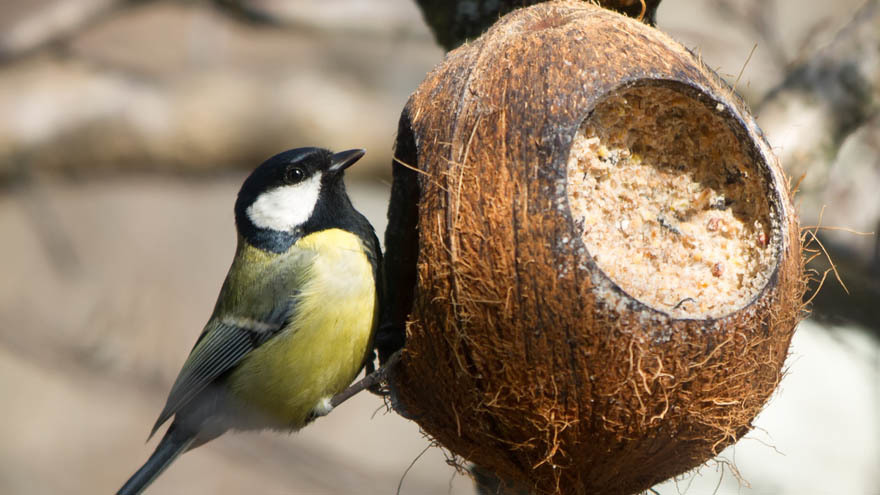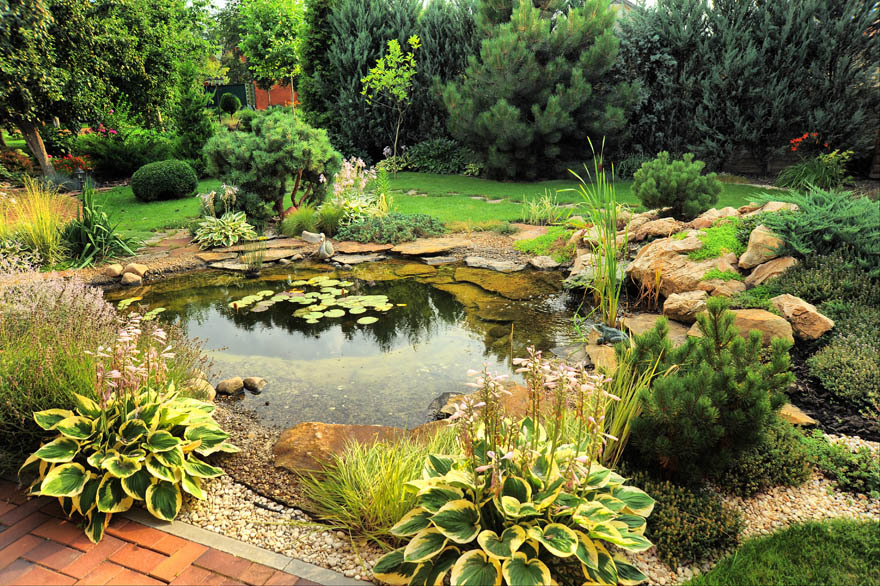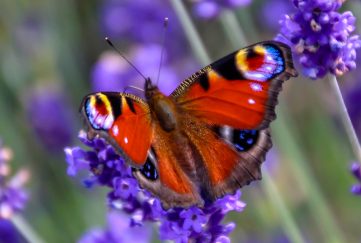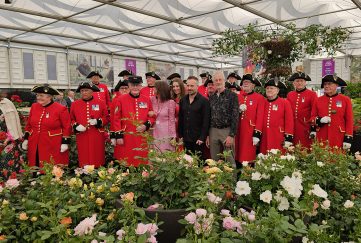Make Your Garden a Wildlife Haven

An overwhelming number of British homeowners are promoting wildlife population numbers in their own gardens, according to new research.
Around 60% of homeowners admit to making a conscious effort to encourage wildlife in their garden or outdoor space, according to a survey by garden and conservatory furniture etailer, Alfresia.co.uk.
The survey found a third of Britons have invested in things that conserve and encourage minibeasts in their gardens and outdoor spaces in the past 12 months, such as bird feeders (32%), bird nest boxes (29%) and insect houses (16%).
The trend is in part being attributed to several high profile campaigns to conserve insects and pollinators by organisations such as Friends of the Earth.
5 Ways You Can Help
Avoiding use of pesticides (68%), allowing grass to grow longer in certain areas (37%), composting (26%), creating rock gardens (21%), and planting specific flowers to encourage bees (17%), were the top five most popular ways British adults are encouraging wildlife into their gardens.
Those aged 55-64 are making the most effort to conserve and promote wildlife, followed surprisingly by the 25-34 age group, as gardening and outdoor pursuits continue to see a resurgence amongst younger ages.
Craig Corbett, marketing manager at Alfresia.co.uk, said, “It’s great to see the lengths that people are going to conserve and promote wildlife in their gardens. Whilst animals and insects are sometimes seen as pests and a nuisance, many are encouraging them to share their outdoor space, with some going to great lengths and expense to facilitate them.
Many appear to be taking steps to look after bees by doing things like actively avoiding pesticide usage and planting specific flowers that encourage their presence, as the issue of the declining bee population continues to escalate. And it could be that this problem has led to wider awareness of the conservation of other types of wildlife.
“It’s definitely worth keeping in mind that developing and updating outdoor spaces doesn’t necessarily have to mean the loss of habitat for wildlife – incorporating a simple bird feeder or insect house in a new landscape design allows humans and wildlife to live side by side, and flowers and plants can be naturally pollinated, allowing gardens to flourish year-round.”
Top Tips For More Wildlife
- Creating a pond or bog garden provides a habitat for amphibians to live, as well as a place for birds to bathe and drink.
- Hedgerows supply cover for small garden mammals, such as hedgehogs, squirrels and even mice.
- Composting garden waste, cuttings and food waste in a corner of the garden not only provides a source of nutrient rich compost, but also promotes numbers of worms, woodlouse and millipedes. These compost heap minibeasts will help aerate soil and break down waste into nutrients suitable for plants.
- Areas of long grass give cover to insects, and provide a safe place for wildlife such as butterflies and dragonflies to lay eggs.
- Pollen-rich and scented flowers attract bees and butterflies to garden spaces, which in turn pollinate plants and flowers.
- Rock gardens and piles of logs give shelter to insects and animals of all types.
- Cutting back on chemicals and pesticides will boosts wildlife numbers as insects return and bring with it a full food chain of critters and creatures.
- Bird boxes will attract nesting birds and bats as long as they are mounted in a secluded and quiet section of the garden. Leaving a variety of food and seeds for feathered friends with encourage a mixture of wild bird species.
- Adding trees or large shrubs to borders gives birds a place to create a nest of their own from debris and sticks from the outdoors.
Alan Titchmarsh Offers His Advice On Encouraging Bees to Your Garden
Don’t miss our weekly gardening pages in My Weekly, and let us know on Facebook or Twitter if there is something in particular you’d like us to cover.





